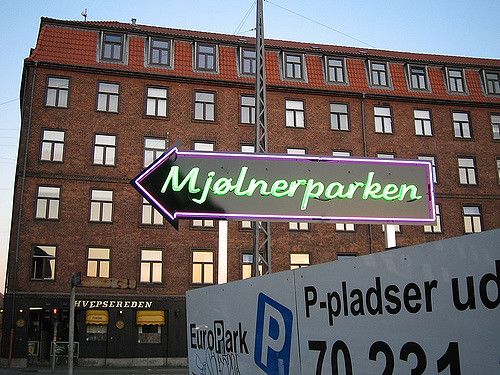A spate of gang-related shootings in and around Copenhagen have prompted Copenhagen’s police force to prolong and widen the stop-and-search zone in place since July 20.
READ MORE: Stop and search zone activated in troubled Copenhagen areas
The present area encompasses Nørrebro, Brønshoj and Husum and allows police to stop and search people and property without having concrete grounds.
“With the shootings that we’ve had over the last couple of weeks, there are really good grounds to prolong the zone. But we’re also going to extend it,” Chief Inspector Jørgen Bergen Skov told TV2 Nyheder.
Tit-for-tat
“It always starts with one shooting, one confrontation. Now it’s about revenge – revenge for the sake of revenge.”
The police have carried out more than 300 searches so far without many weapons being confiscated. Since July 20, 15 knives and firearms have been confiscated that have been hidden in bushes, lifts and lofts.
“We hope that people will choose not to carry weapons and that’s also what we’re seeing. Instead, they’re hiding them in the area so they don’t go around armed but have access to the weapons,” explained Skov.
The police think the conflict is mainly between the gang Loyal to Familia and groups based around Mjølnerparken, Nordvestkvartet and Husum.
The new areas covered by the zones are expected to be announced on Thursday.















